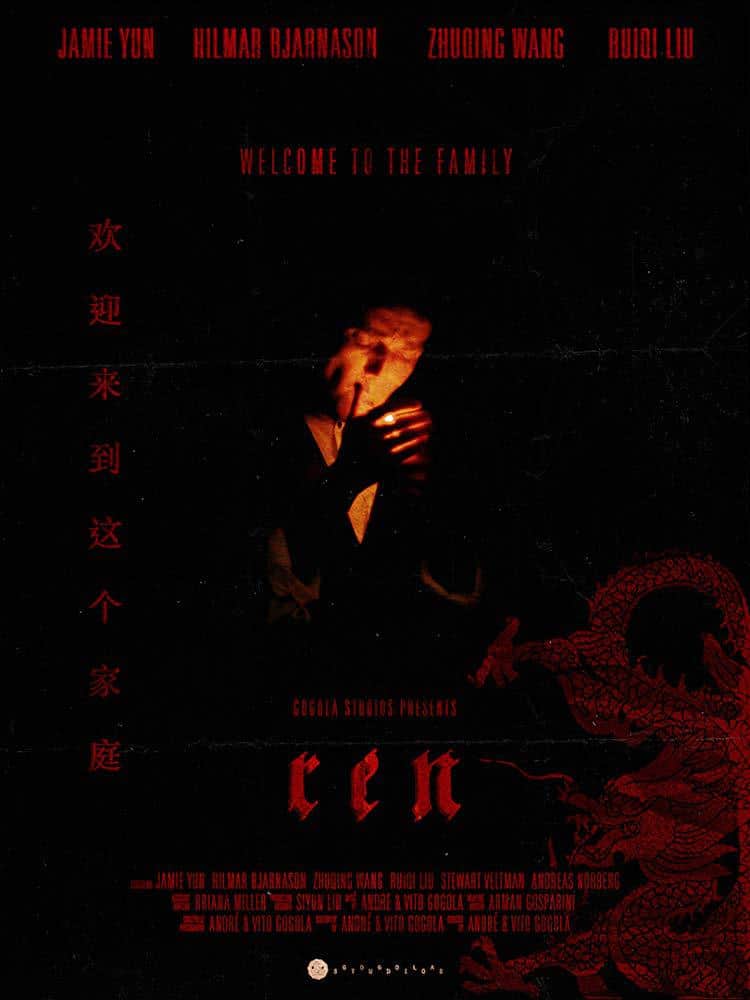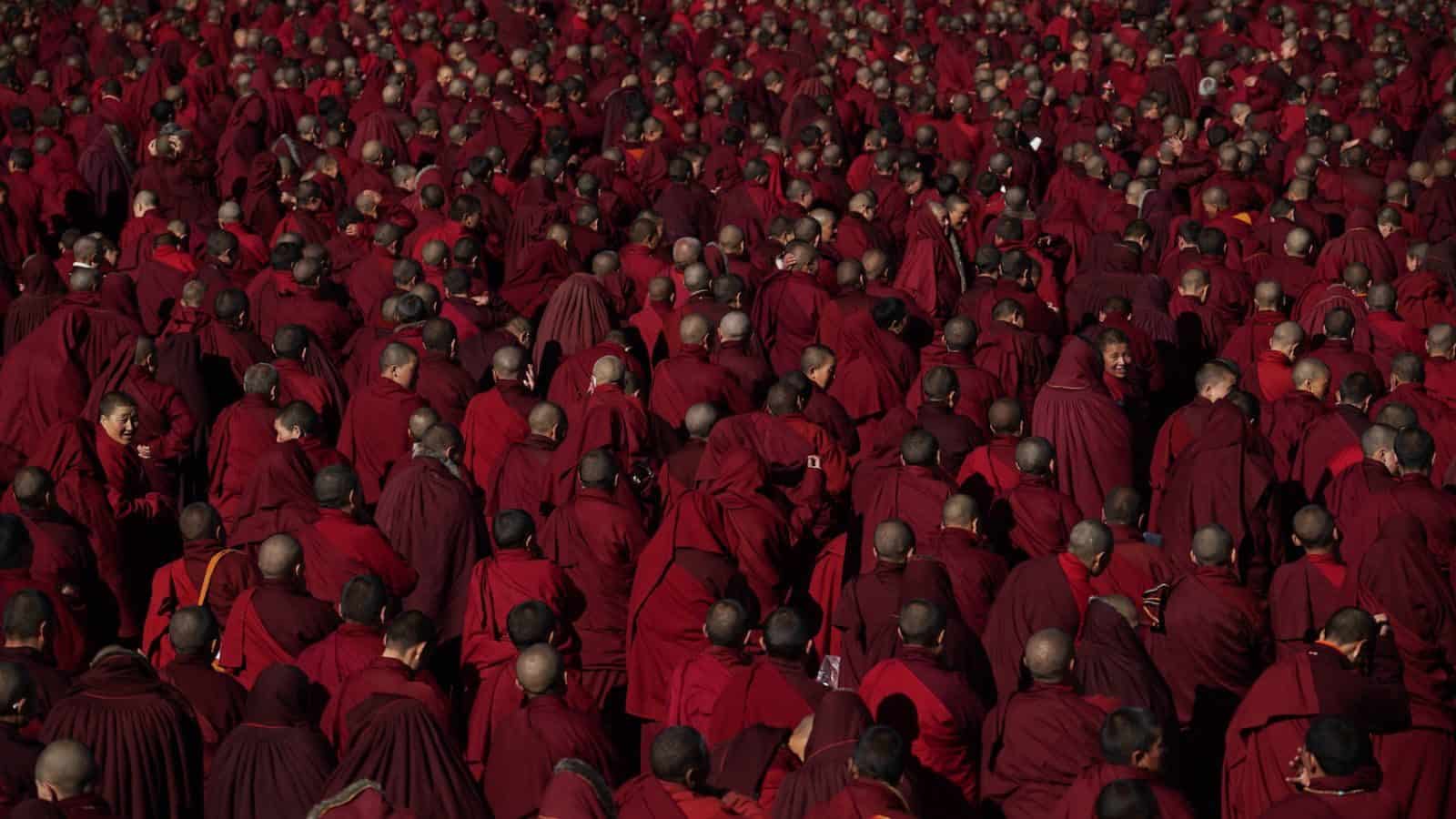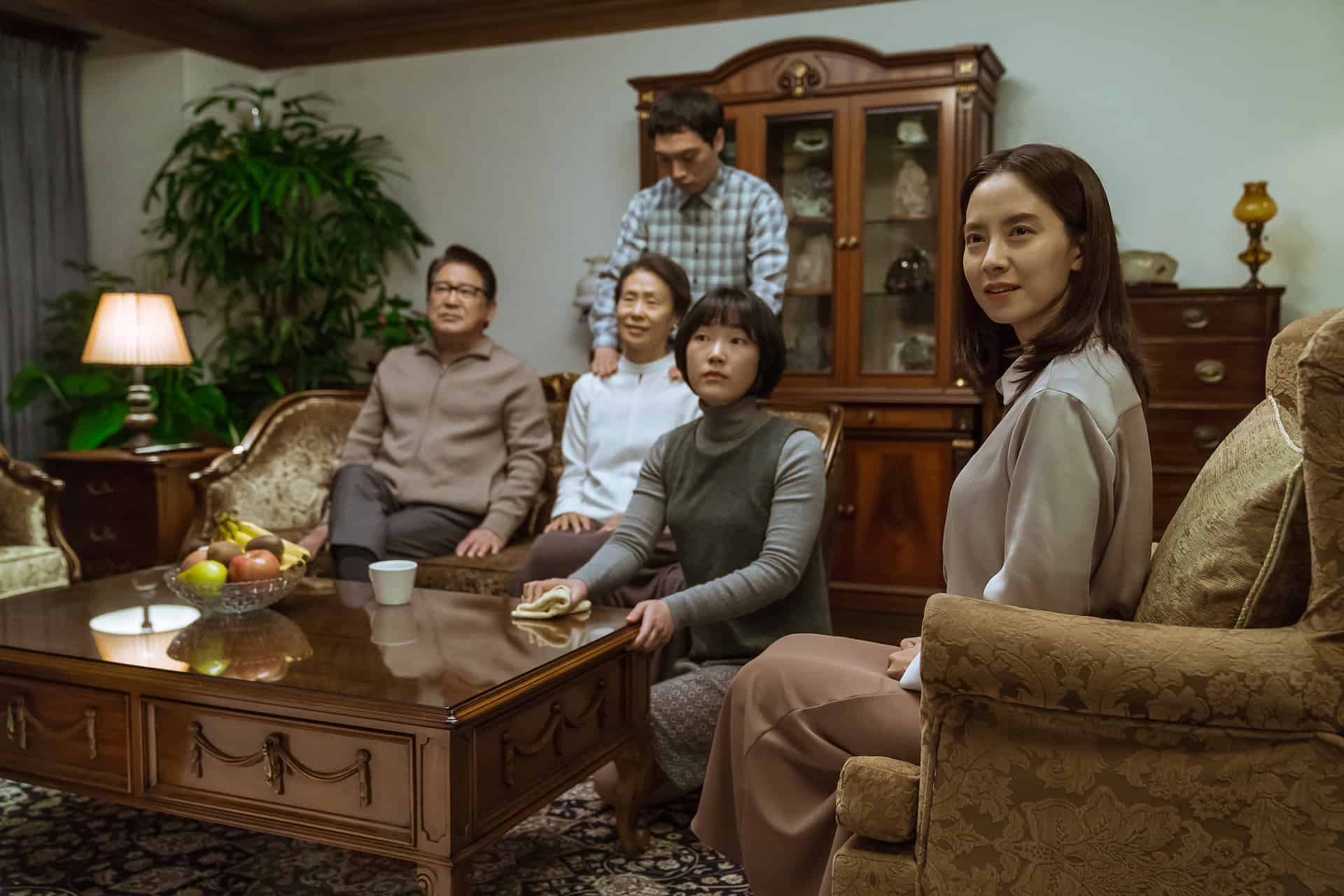Despite the fact that, in recent years, due to both the Olympic Games and the intense ageing of its population, has been forced to allow more foreigners to stay and work in the country, Japan remains a rather homogenous country, with very few immigrants actually managing to become legal citizens.. This has resulted in a number of issues with the people trying to work there, who find it hard to adjust in a country whose inhabitants' behaviour towards foreigners borders on racism, as they are essentially perceived as “tools” who are to do the job they are hired for and then return to their countries. Chiueh Yu-hsin, who was born in the United States and then moved to Taiwan before coming to Japan to study at the Toho Gakuen Film Techniques Training College, seems to know the concept first hand, as he presents it through a sci-fi approach.
“Project Tanuki” screened at the 42nd PIA Film Festival

Tanya is a Vietnamese working in Japan, who has found that a drug called “Tanuki” essentially a sheet placed on tongue, can transform the user into looking and sounding Japanese. She, along with a number of other users, buy the “medicine” from an elderly man, and has thus managed to find good jobs, and essentially adapt, or better, being comfortably ignored within Japanese society. A new recruit in the hotel, however, another girl, whom Tanya helps after she makes a blunder, becomes rather attached to her, even spending some nights in her apartment after the effect of “Tanuki” have worn off, jeopardizes her whole life, while some side-effects also come to the fore.
Chiueh Yu-hsin makes a rather pointy comment regarding Japanese society, by transitioning the aforementioned concept to foreigners, whose eagerness to become like the locals in order to fit in and make a living is presented as similar to the need of drug addicts for narcotics. This approach is achieved through the concept of the Tanuki medicine, with Tanya's behaviour looking more and more as one of a junkie as the story moves on, but with Chiueh always making a point of highlighting that it is society that pushes her in that direction, in a comment that could be perceived as one towards real addiction. The woman who arrives in the hotel restaurant but will not eat food prepared by the hands of a foreigner is indicative of the fact.
At the same time, Chiueh also criticizes and somewhat mocks Japanese corporate practices and particularly the ways they force their employees to spend time together, with the Tanuki song moving towards this direction.
The aforementioned aspects are all well presented in the short, and the quality of the purposefully, advertising-like cinematography, particularly regarding the coloring, intensifies the concept that this could be a futuristic society, an approach that justifies the drug and works quite well for the narrative. On the other hand, the relationship between the two women seems a bit off, particularly in the ways the “new entry” acts, as she forces her way into the life of Tanya mostly through alcohol. Evidently, Chiueh did not have much time in his hands in order to analyze this relationship, and particularly the reasoning of the two girls for becoming friends, which results in this aspect looking like just a tool to progress the story. The acting somewhat compensates, but not fully, in the most significant fault in the movie.
The same applies to the thriller/body horror element of the narrative and the role of the man who provides the drug, along with the group of recipients who seem to meet from time to time, which are though, quite entertaining.
“Project Tanuki” is well shot and Chiueh manages to communicate his main comments rather elaborately. The fact that he has many ideas is also evident, and I feel that the movie would definitely benefit from feature duration, which would allow him to analyze the aforementioned elements more. In the end, however, the film emerges as a rather good effort.














